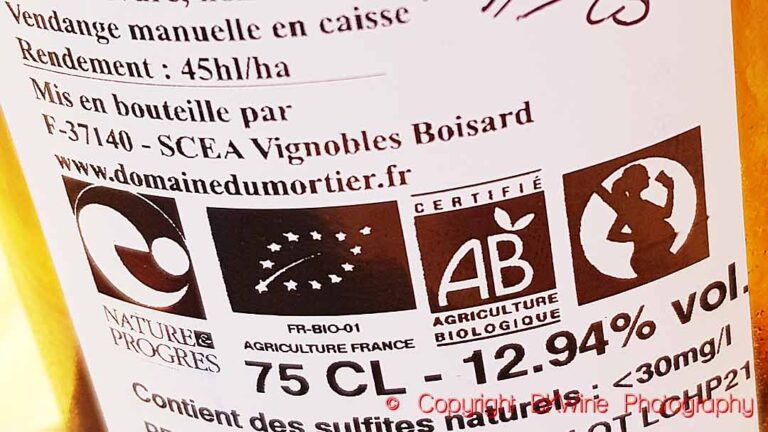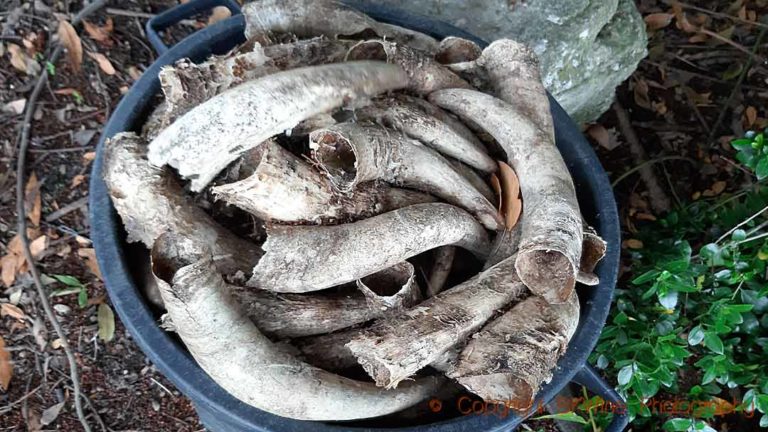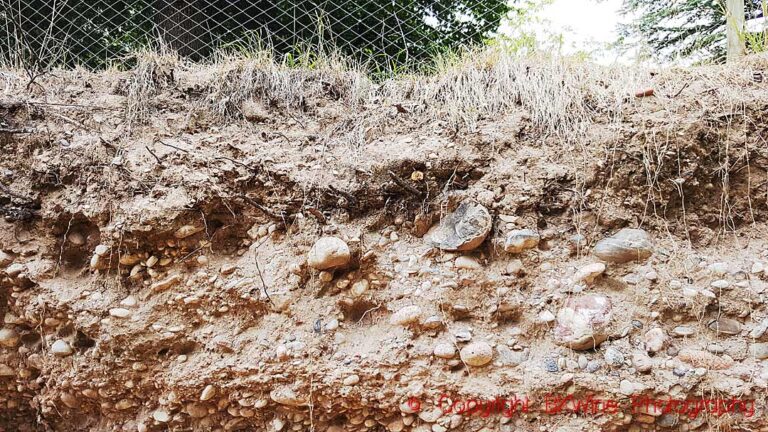Very strange things – even completely incorrect – are sometimes written and said about “natural wines”, the wine category that a few years ago became one of the hottest subjects among wine geeks (and that still is largely limited to the wine geek crowd), and one that no one can really agree on what it means .
So when one more article is written about it one fears even more strange things. Especially when it is a magazine that does not have anything to do with wine but instead a business and finance magazine. But instead it proved to be one of the more balanced articles, perhaps because a general business journalist at a quality magazine strives to understand things when it is outside his/her speciality. And curiously it is usually in wine media that you read strange things about natural wines (where writers are supposedly knowledgeable in the subject).
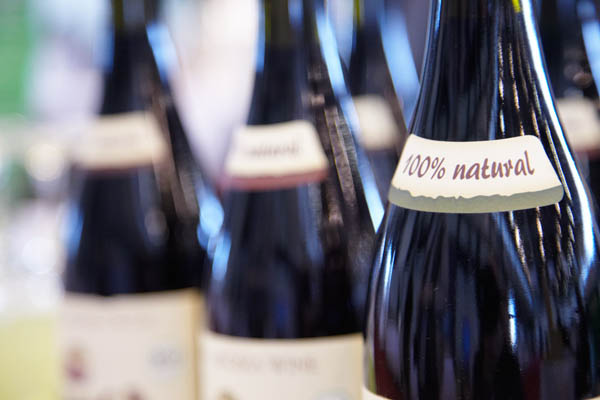
There is no commonly accepted definition of what “natural” wine is. I repeat: there is no generally accepted definition of what “natural” wine is. In most cases people tend to mean wines made with “minimal intervention” in the wine cellar (but never none at all!) and with no or just a little bit of sulphur added (and quite often a reasonable amount). But what this kind of pseudo-definition means is fuzzy and what any benefits (and disadvantages) might be is also debated. So in practice, anyone who wants to call his wine “natural” can do it. It is worth underlining that “natural wine” does not need to be organic, but it can be. The same applies to biodynamics, some “natural wines” are biodynamic, others not. But this will be the subject of another article, to disentangle this vipers’ nest: what is “natural wine” and what are the pros and cons.
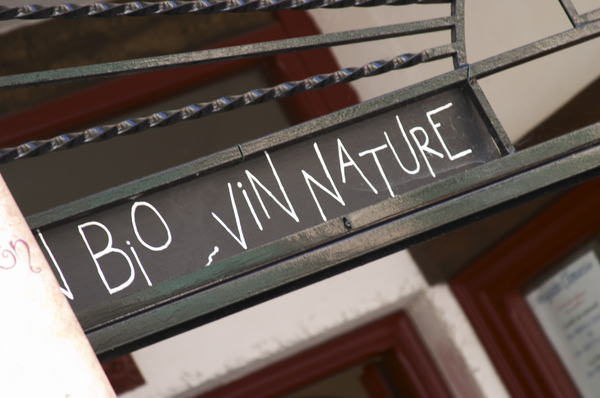
But back to the article, in the prestigious Swedish business magazine Affärsvärlden, the one that was unusually balanced on natural wines. It enlisted the help of two experts in the field: BKWine’s own Britt Karlsson, author of one of the rare books that tells the facts on what it is, Biodynamic, Organic, and Natural Winemaking, and Ulf Sjödin, Master of Wine and Head of Category Management at Systembolaget.
Here are some quotes from the article:
Natural wine, vin nature. There are several names for this type of wine that has emerged as a new trend. What’s it all about, really? It is not so easy to say because “natural wine” lack an official definition or certification.
Britt Karlsson has lived in Paris since the 1990s and she says that in Paris it is the slightly simpler, bohemian restaurants that focus on natural wines, while the Paris gastronomic restaurants still have a more traditional wine list. In Sweden, the opposite appears to be case, and perhaps the natural wine trend in Stockholm has sprung out of to the fact that the Danish two-star restaurant Noma has chosen to focus on just natural wines.
The focus on organic drinks, especially wine, has formally exploded at Systembolaget in the last decade. Since a few years back the natural wines – in demand by mainly food and wine-interested city dweller – have also started appearing on the shelves. Ulf Sjödin, Master of Wine and Head of Category Management at Systembolaget, however, is not convinced by the concept. He thinks you lose your bearings when you call a wine “natural”.
“There is nothing natural with wine unless you make it into vinegar. The natural wine trend has created an almost religious movement that not only says that “this is very good”, but also suggests that all other wine is bad.
So how does a natural wine taste? A well-made natural wine has, thanks to the few additives, an intensity and more direct character, just like a well-made organic wine, says Ulf Sjödin. A poor natural wine can, on the other hand, have a taste of hamster cages and wild fermentation. In Sjödin’s experience all too often you get “terrible natural wines” sold for “really expensive prices”.
“It’s a bit like ‘the emperor’s new clothes’.”
If you read Swedish (or if you use Google Translate or some other translator) you can read the full article, written by Louise Fauvelle, at Affärsvärlden: Natural Wines on the Up.


